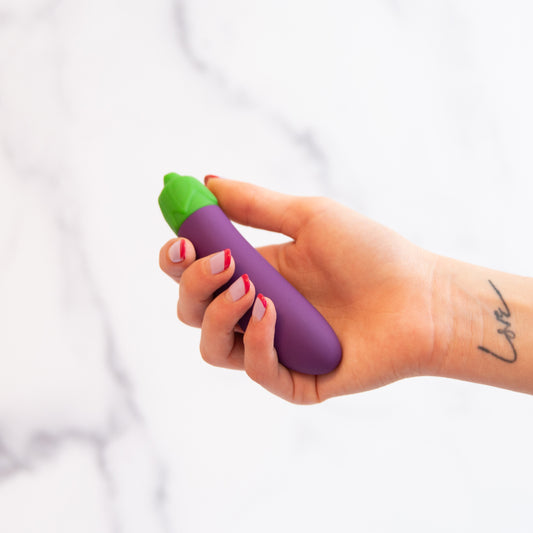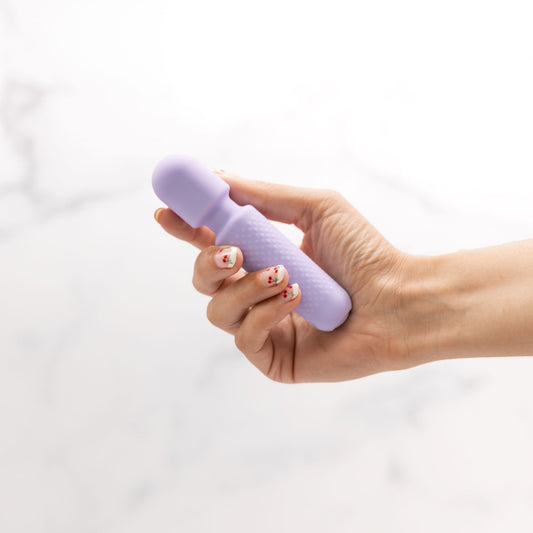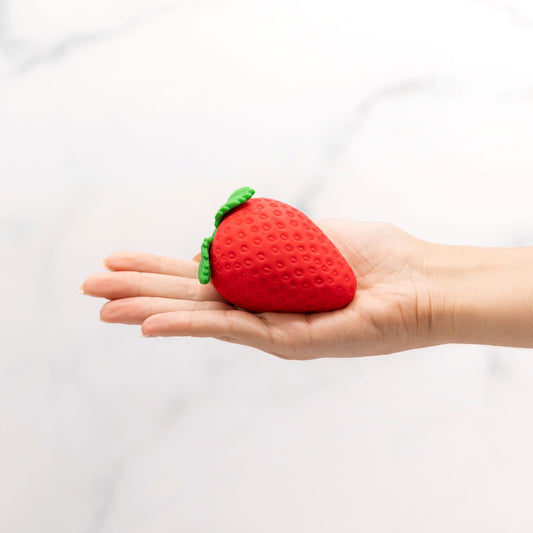Masturbation is a normal and healthy part of human sexuality. It is something that people of all ages do, and as long as you are treating your body with respect, there is no wrong way to go about it. It's important for parents to be able to talk about masturbation with their children and provide some tips for sex-positive education.
Teaching young adults and teens about self-pleasure can be a difficult task, but it is important that they have accurate information about their bodies. As a parent, it’s only natural that you want to do everything you can to protect your children and ensure their safety and well-being. But did you know that one of the best things you can do for your kids is to educate them about self-pleasure?
That’s right! Sex-positive education is essential for young people. It helps them understand their bodies and make informed decisions about their sexual health. Furthermore, it can also help prevent problems like anxiety, depression, and addiction.
Failing to talk to children about masturbation can have several implications for their sexual development. Without the necessary guidance and information, children may feel shame, confusion, or develop misconceptions about their bodies and sexual desires. They may turn to unreliable sources or peers for information, leading to the spread of misinformation and risky behaviors. Understanding and embracing masturbation as a healthy aspect of sexuality can positively influence how children perceive their bodies, develop self-esteem, and establish boundaries in future relationships.
Suppose a child grows up without any knowledge or understanding of masturbation. As they enter puberty, they may experience sexual urges but lack the knowledge to navigate them. This can lead to feelings of guilt, anxiety, or even engaging in unsafe behaviors to satisfy their curiosity. However, if parents proactively address the topic, they can empower their children with accurate information and alleviate potential negative emotions associated with masturbation.
Here are some tips on teaching your kids about self-pleasure:
1. Be open and honest.
The first step is to be open and honest with your kids about self-pleasure. answer any questions they have honestly and without judgement. This will help them feel comfortable talking to you about sensitive topics like sex.
Examples:
- "Masturbation is when someone touches their own body in a way that feels good sexually."
- "It's natural and healthy to explore your body and discover what feels good to you."
- "Many people, including adults, engage in masturbation as a normal part of their sexual lives."
2. Use proper terminology.
When you’re talking to your kids about self-pleasure, be sure to use proper terminology. This will help them understand what you’re talking about and prevent confusion later on down the road.
- Use clear and age-appropriate terms like "self-pleasure" or "touching oneself."
- Avoid using derogatory slang or euphemisms that can lead to misunderstandings.
3. Keep it age-appropriate.
When you’re teaching your kids about self-pleasure, be sure to keep the information age-appropriate. For younger children, this may mean simply explaining what self-pleasure is and why it’s important to do it in a safe place. For older kids, you can go into more detail about the mechanics of self-stimulation and how it can enhance their sexual lives.
For younger children (around 5-8 years old):
- Focus on privacy and personal boundaries, explaining that certain behaviors are meant to be done in private, like bathing or changing clothes.
- Normalize curiosity about their bodies and emphasize that it's okay to ask questions.
For older children and teenagers:
- Provide more detailed information about the physical aspects of masturbation, such as the parts of the body involved.
- Discuss the emotional and psychological aspects, emphasizing that it is a personal choice and should be done in a safe and private setting.
Children often start hearing about or becoming curious about masturbation between the ages of 9 and 12, but this can vary. It is essential for parents to stay proactive and initiate conversations when it is age-appropriate. Start by having conversations about body autonomy, consent, and boundaries. As children grow older, discussions can naturally progress to include masturbation as a healthy and private way to explore their bodies.
4. Emphasize consent.
One of the most important things to emphasize when you’re teaching your kids about self-pleasure is consent. They need to understand that they should never touch someone else without their permission, and that no one should touch them without their permission either. This is an important lesson that will serve them well throughout their lives.
5. Be open to questions.
Finally, be sure to be open to questions from your kids about self-pleasure. They may have questions that you didn’t even think to answer, so it’s important that they feel comfortable asking them. If you don’t know the answer to a question, don’t worry! There are a handful of resources available online.
To understand the relevance and potential obstacles in discussing masturbation with children, it is essential to consider historical and political factors. The firing of Surgeon General Jocelyn Elders in 1994 for advocating comprehensive sex education, including teaching about masturbation, highlights the challenges surrounding open discussions on this topic. Additionally, the inconsistent state of sex education in the United States, combined with recent controversies surrounding library books addressing sex, reinforces the need for parents to take an active role in educating their children about masturbation and sexual health.
Additional Resources:
- Planned Parenthood: How do I talk with my elementary school aged child about sex and sexuality?
- sheknows: When (& How) You Should Talk to Your Kids About Masturbation
- LifeHacker: A Parent's Guide to Talking to Kids About Sex
Self-pleasure is an essential part of sexual health, but many parents feel uncomfortable discussing it with their children. However, by being open and honest with your kids, using proper terminology, keeping the information age appropriate, emphasizing consent, and being open to questions, you can teach your kids everything they need to know about self-pleasure in a way that is both informative and respectful. Don’t be afraid to start the conversation—it could very well be the best thing you ever do for your child’s sexual health!





